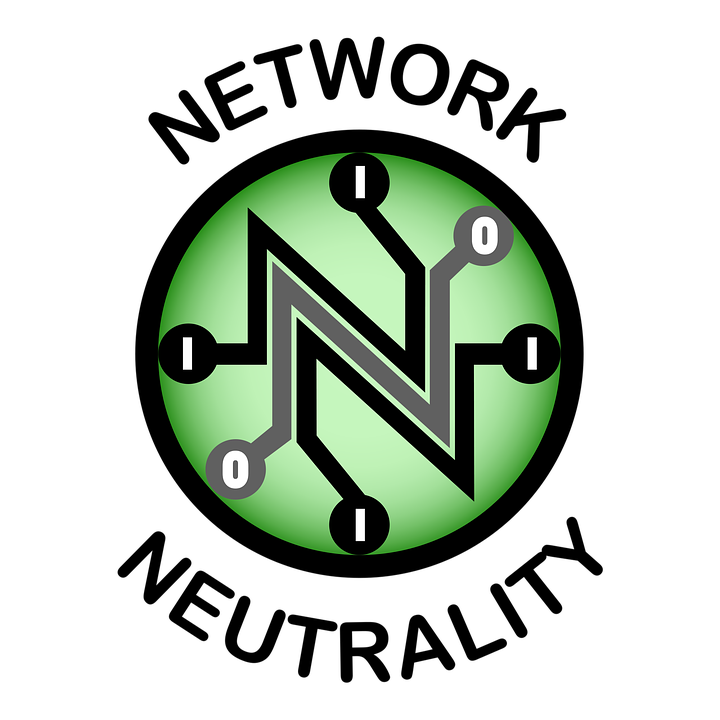Net neutrality is necessary for CHS students
January 10, 2018
The internet is an integral part of our society and imperative to our daily lives. It provides a place to share ideas, learn new things and communicate with others. In America, the internet has traditionally been an open and free platform for many uses.
The flexibility of the internet is largely due to net neutrality: a principle that preserves our right to communicate freely online and also protects and enables free speech. However, this regulation was repealed by Federal Communications Commission chairman Ajit Pai on Dec. 15. His plan is to replace net neutrality with a set of voluntary conditions that no internet service provider will comply with. This is an important issue that will significantly change the internet as we know it, transforming it from an open platform into one where websites and applications could be sold in bundles.
The current net neutrality rules were approved in 2015, and prohibited internet providers like Comcast and AT&T from deliberately speeding up or slowing down traffic on specific websites and apps. The goal was to prevent those internet providers from picking winners and losers among content providers.
According to Public Knowledge.org, in the absence of net neutrality, companies can buy priority access internet service provider customers (ISPs). Larger, wealthier companies like Google or Facebook can pay ISPs to provide faster, more reliable access to their websites than to potential competitors. This could deter innovative start-up services that are unable to purchase priority access from the ISPs. Also, if ISPs can charge online services to connect to consumers, consumers would ultimately bear these additional costs.
CHS students use the internet everyday, and many have social media, music and television streaming accounts in which they spend great amounts of time on time. With the removal of net neutrality, these services could be sold in bundles. Unless a user buys a social media package, those apps could become inaccessible to them. Students whose parents may not want or be able to spend their money on social network or music bundles, and it would make it harder for anyone to research or use the internet for academic work.
According to a Jan. 2017 article from Wired.com, startup companies and their potential investors would no longer have certainty that they could compete against their rivals, as they would need lots of money simply to pay each internet service provider for access or to escape the slow lane.
The change in regulations of the internet would also affect companies and people other than just consumers. With some CHS students looking for jobs in technology and using the internet as a platform for future endeavors, this lack of net neutrality will drastically change their job opportunities and environment.
However, according to FCC Chairman Pai, the net neutrality rules have caused internet service providers to receive less investments, and ultimately resulted in a loss in revenue. This could affect jobs of people working at these companies and people in the job field.
However, according to lobbying group the Internet Association, investment in internet service providers in is up over time, and shows no decline as a result of the implementation of strong, enforceable net neutrality rules in 2015, and that internet service providers have failed to prove that net neutrality has had a negative impact on investments.
These drastic changes to a tool that CHS students use on a daily basis could potentially impact everyone’s lives on the internet for the worse. By commercializing an important tool that students use to stay connected, learn and speak their minds, the government is once again confirming that they do not have the citizens’ best interests in mind. However, the only action that CHS students can take now is to keep fighting and let the government know that they do not agree with their actions. Net neutrality is more than just a far off, abstract concept; it impacts each and every one of us.


